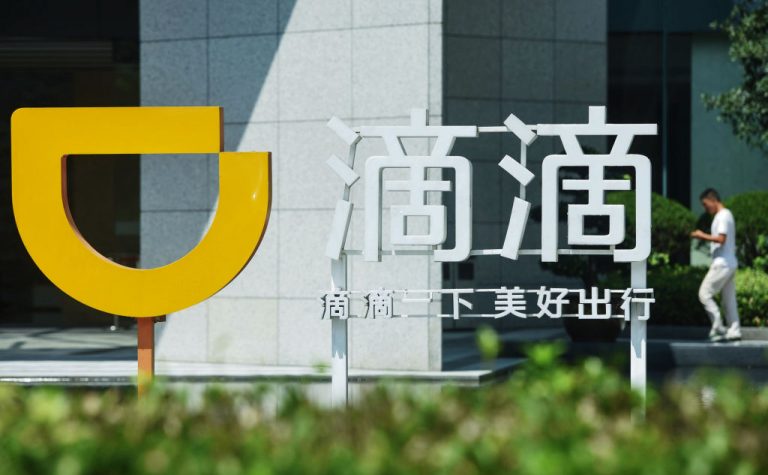China’s new Data Security Law, which was published on Jun. 10, 2021, and is expected to be formally adopted on Sep. 1, 2021, is already having profound implications for several large, high-tech companies. Shock waves have been sent through investment circles across the globe.
The International Trade Administration (ITA) states on their website that the law “covers any recording of information through electronic or non-electronic means and ‘data activities,’ including the collection, storage, processing, use, provision, trading, and public disclosure of data.” Additionally, “the draft [law] seeks to ensure data is ‘effectively protected and lawfully utilized.’”
The law, which had its first reading in April 2021, appears to have already been used to target tech companies recently listed on the New York Stock Exchange (NYSE), as well as other stock platforms.
Affected companies
The Cyberspace Administration of China (CAC) said in a statement on July 1 that it had opened an investigation into Boss Zhipin, an online recruiting platform operated by Kanzhun and based in Beijing. The company’s stock, after reaching a high of US$42.05 on June 24, plummeted to US$30.52 on July 6 following the announcement.
The company claims to be the country’s largest online recruitment site that debuted on the Nasdaq, in mid-June, after raising US$912 million in funding. The initial public offering (IPO) made the company’s founder, Zhao Peng, an instant billionaire, but investors are feeling the brunt of the CAC’s influence.
Success
You are now signed up for our newsletter
Success
Check your email to complete sign up
Another company being scrutinized by the CAC is the Full Truck Alliance (FTA), which was founded by Zhang Hui. Pegged as the “Uber for trucks,” the company raised US$1.6 billion after their IPO on the NYSE in June 2021. The company operates two apps that truck drivers can utilize to match freight with their vehicles.
The CAC initiated a review of both apps less than two weeks after the company went public in the U.S, and halted all new user registrations. Like Kanzhun, the company’s stock price dropped significantly after the announcement of the probe.
The FTA said in a statement that they “will fully cooperate with [the] Cybersecurity Review Office (CRO) during the cybersecurity review process,” and that they are “conducting a comprehensive self-examination of any potential cybersecurity risks and will continue to improve its cybersecurity systems and technology capabilities.”
“FTA hopes its full cooperation will assist CRO to complete its review process smoothly.” Despite its cooperation, FTA stock was trading down 2.53% at US$31.20 per share on July 8.
This all occurred before Didi, a popular Chinese ride-sharing app much like Uber, was banned from app stores in China. The company, which boasts 377 million active users in China alone, was banned mere weeks after it went public on the NYSE in the biggest U.S. share offering by a Chinese company since Alibaba debuted in 2014.
The banning of the app has inspired investors to fire back. Two lawsuits were filed in federal court in New York and Los Angeles on Tuesday, July 6. The lawsuits allege that Didi failed to disclose ongoing talks with Chinese authorities about its compliance with the Data Security Law and its associated regulations.
The lawsuit name Didi’s Chief Executive Officer, Will Wei Cheng, as well as several other executives and directors involved with the operation. Underwriters for the company’s IPO, Goldman Sachs, JPMorgan Chase, and Morgan Stanley, were also named as defendants.














